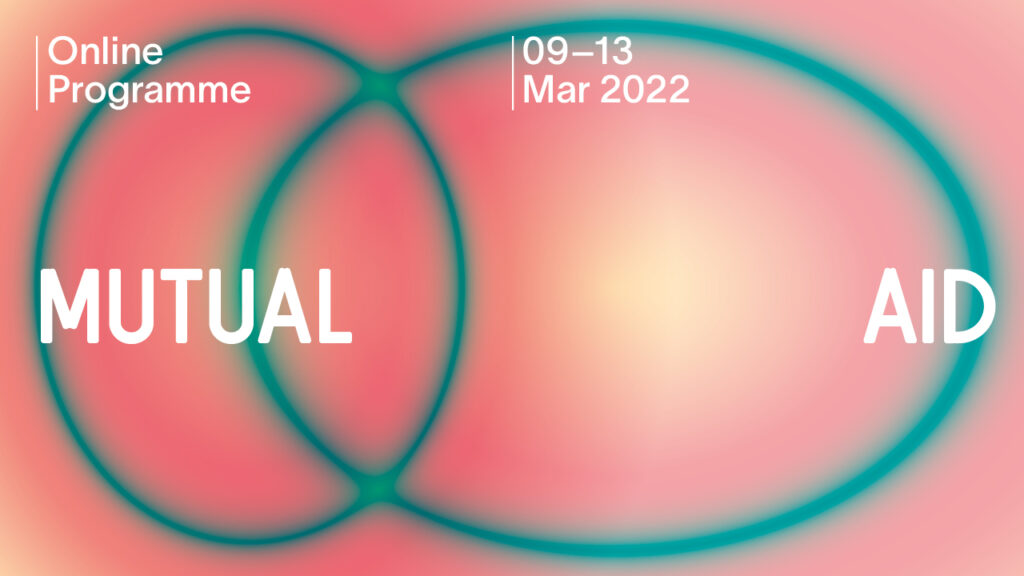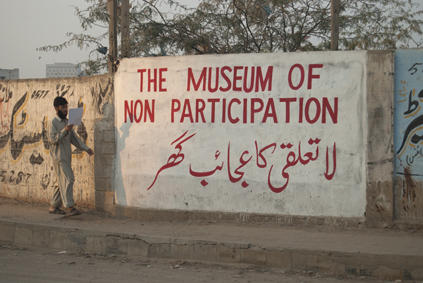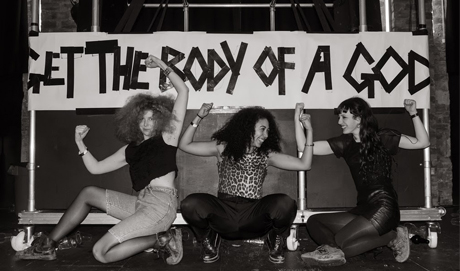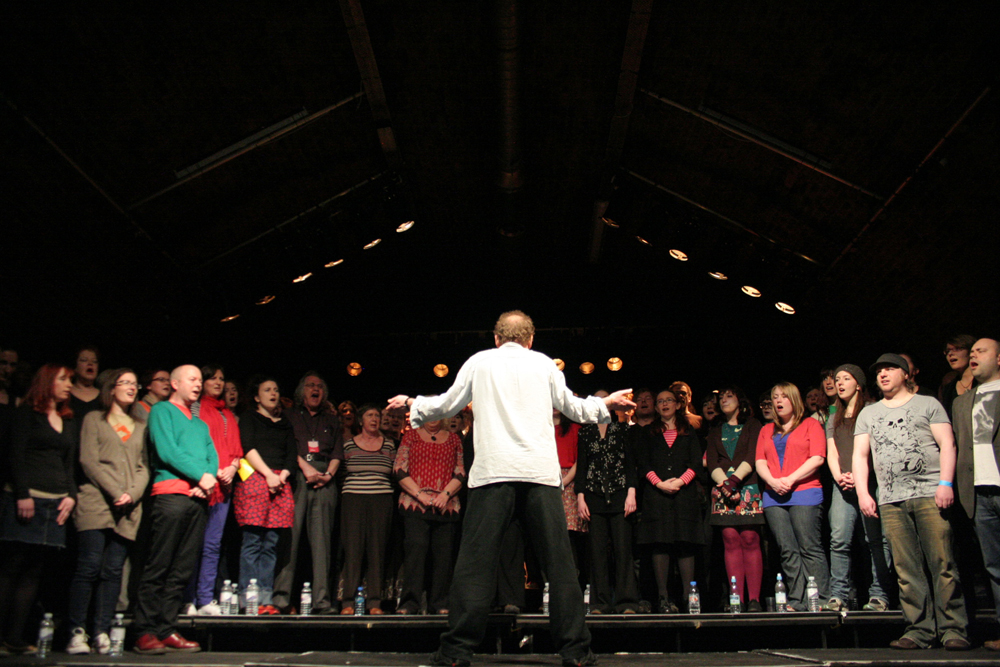
Literary Reflections of Ballroom
Various Artists
A celebration of the release of four books written by members of, and focused on about the House and Ballroom scene.
Arika have been creating events since 2001. The Archive is space to share the documentation of our work, over 600 events from the past 20 years. Browse the archive by event, artists and collections, explore using theme pairs, or use the index for a comprehensive overview.

A celebration of the release of four books written by members of, and focused on about the House and Ballroom scene.

During their time in Scotland for Instal 06 Dave Dove, Bhob Rainey and Greg Kelly did some improvisation workshops and performances in and around Glasgow.

Noise music for the eyes. A 6 screen 16mm projection performance of intense audio and visual stimulus.

4 days of workshops, discussions and artists presentations exploring the radical act of caring for each other while working to change the world.

How do people both inside and outside of prison work together to dismantle the criminal justice system and build a society based on collective care?

Nina’s going to talk about November, by Hito Steyerl: what and how the film thinks, or about what and how it might makes us think (which is connected, but not the same thing), by watching, and it discussing (with you?).

Solo performance on bass clarinet, jaw harp & voice by Arrington De Dionyso.

Introducing and setting intentions for a crip grief transformation and witness altar. A place to sit and breathe, remember our dead, wash our hands and leave offerings to and for loved ones we’ve lost – and for ourselves.

This performance brings together film, text and speech and temporarily constructs a filmic space to think through questions of resistance, and the choice and consequence of action vs. inaction: what does it mean to choose to not take part?

A movement-based workshop on Krump and the politics of how we teach, learn and listen with our bodies. Move with us!

Can we use sound, repetition and difference to personally and collectively engage with space, time and labour?

A 100 strong Feral Choir of people who’ve never improvised with their voices before, conducted by composer Phil Minton.